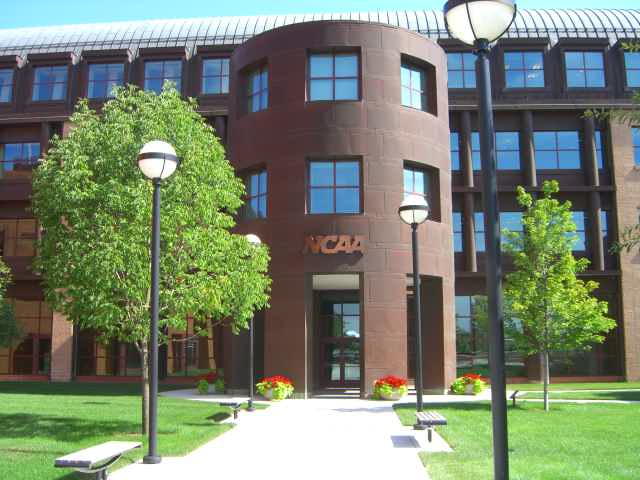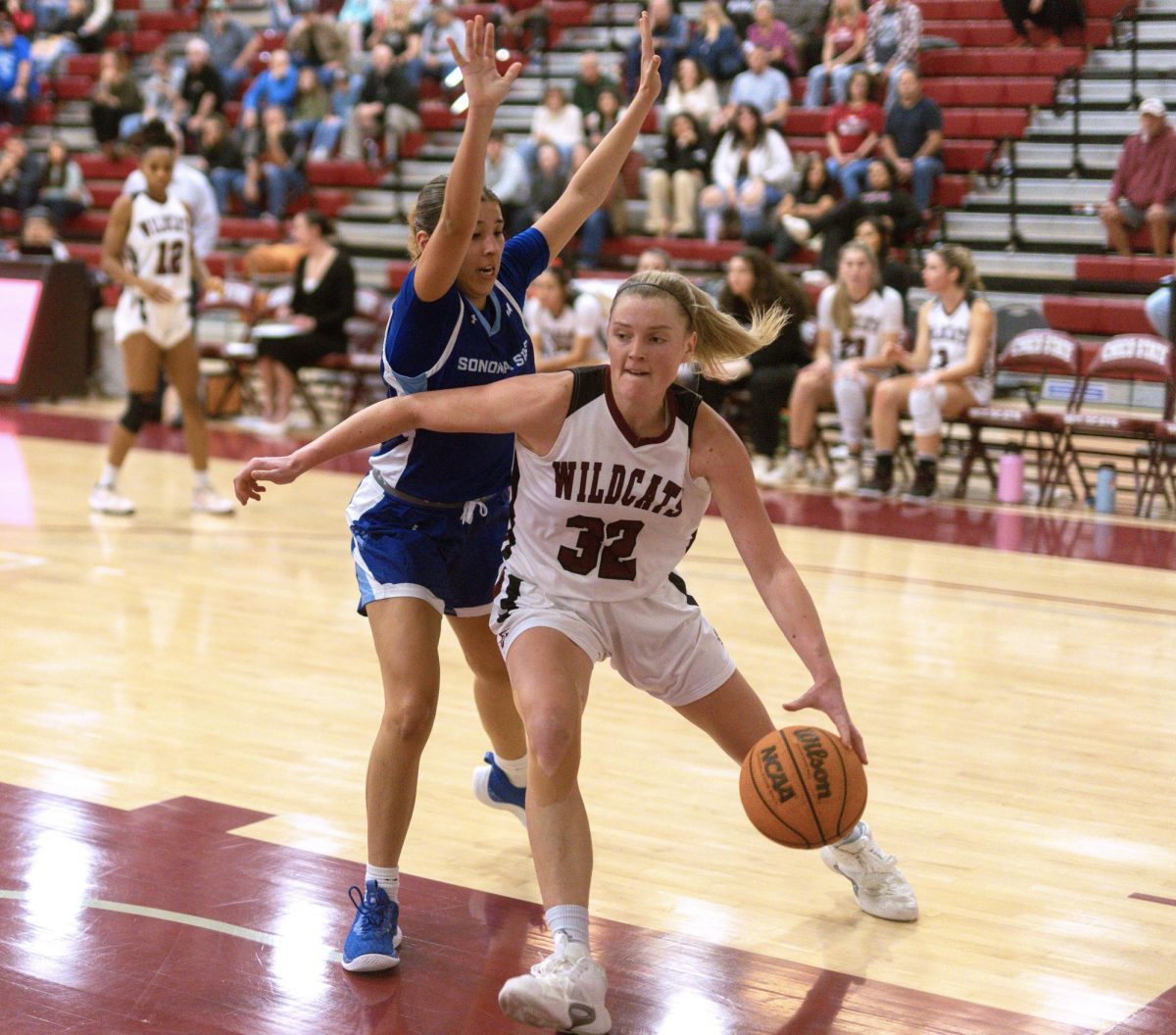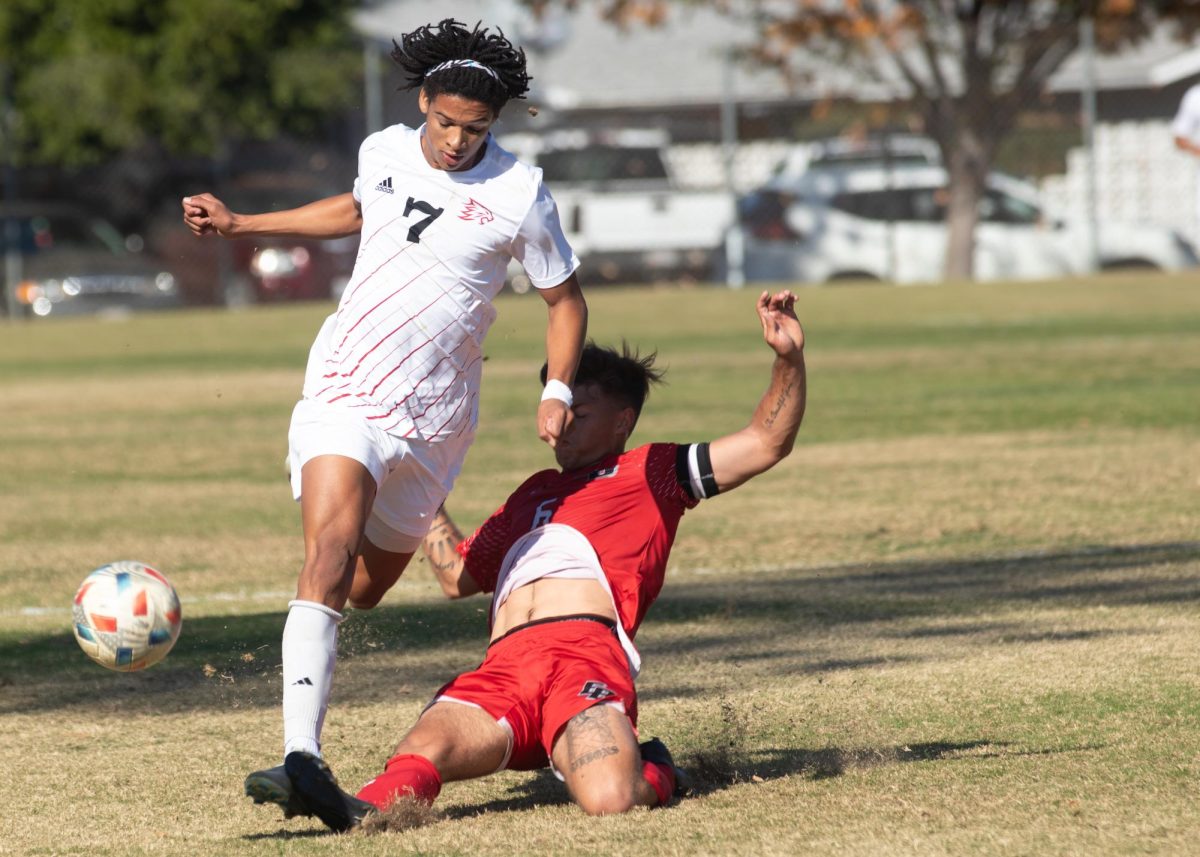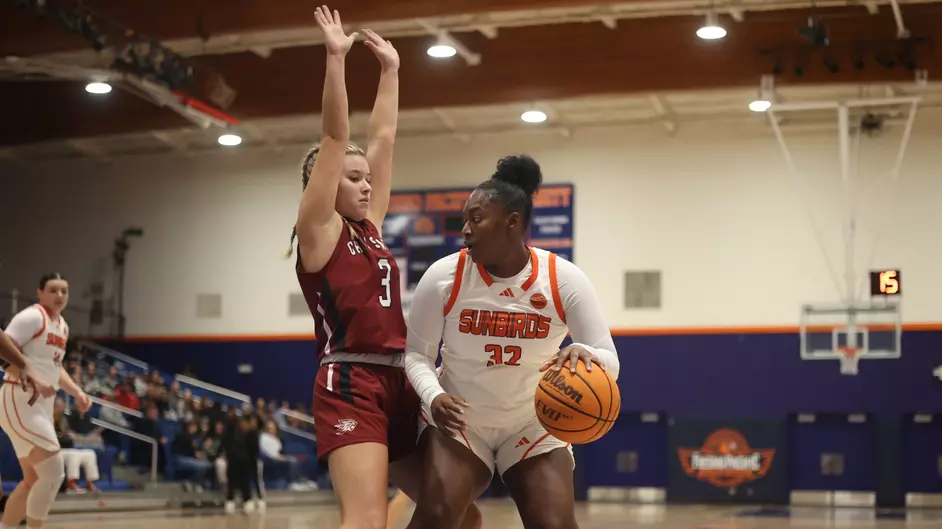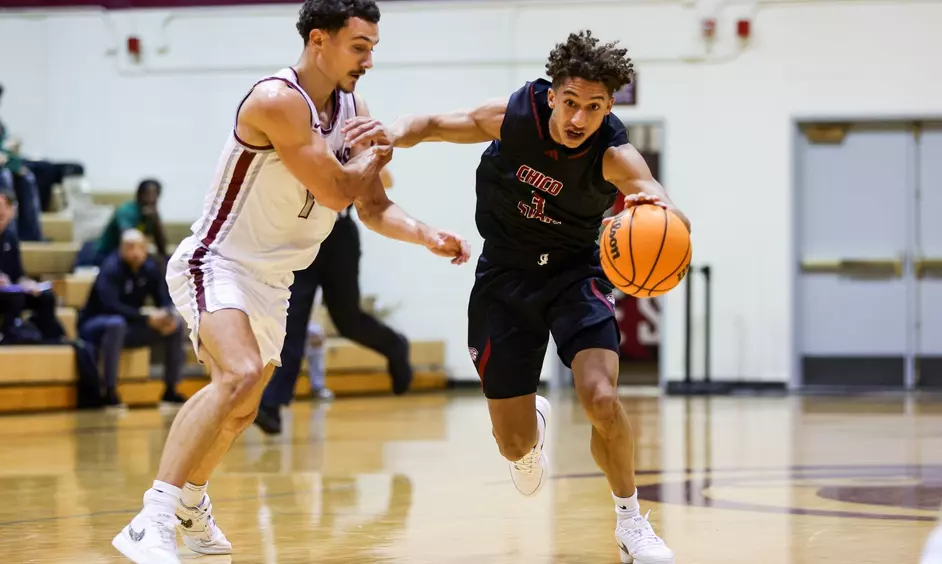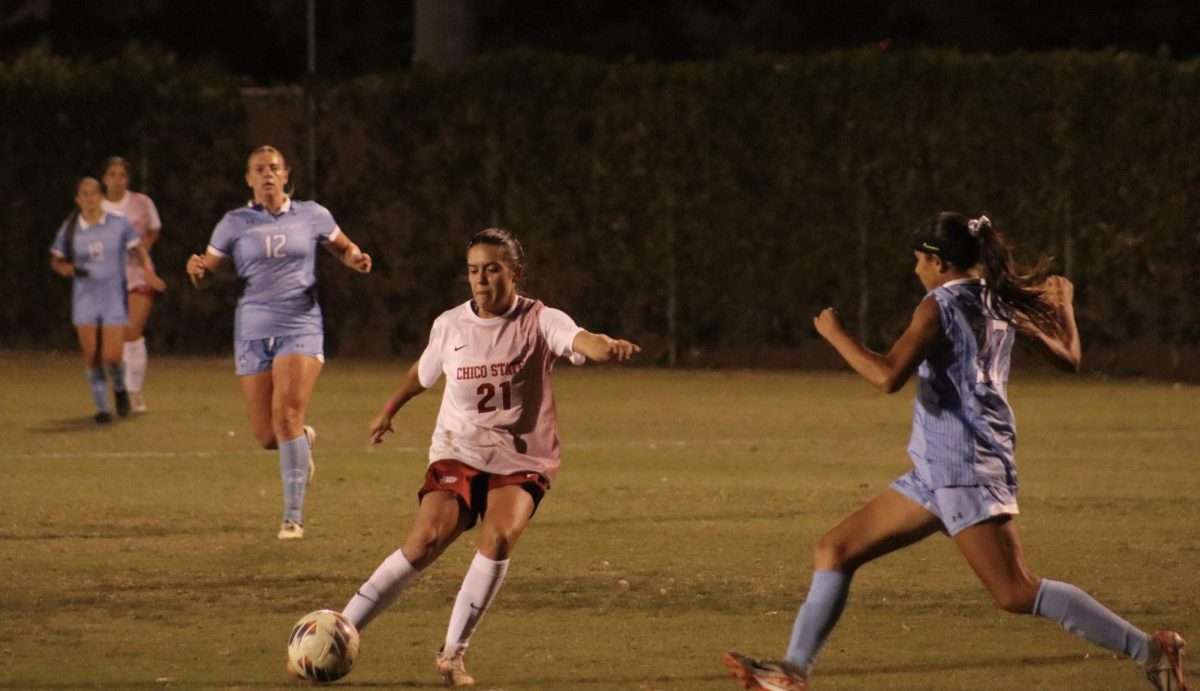The long list of banned substances put in place by the NCAA comes with serious consequences. Regardless of whether it is a performance-enhancing or recreational drug, use of any banned substance will result in repercussions. The fallout ranges from fair to excessive, eventually ruining the career of student-athletes.
These policies are implemented so that no athlete has an unfair advantage over another. According to the NCAA website, banned substances include: steroids, estrogen blockers and a variety of supplements including banned recreational drugs such as marijuana, Adderall and Ritalin. Student-athletes are responsible for making sure everything that they take is accepted by both their school and the NCAA.
The NCAA wants their athletes to be wholesome, and smoking marijuana is not an ethical practice.
According to the NCAA website, marijuana’s main ingredient THC “is linked to anxiety and panic reactions, respiratory damage, short-term memory impairment and a decreased focus on goals and personal achievement.” It is banned by the NCAA and found use of it can result in loss of eligibility.
In a world where several professional athletes with solid careers have openly admitted to smoking marijuana, one would think college policies on marijuana would have lessened by now. And in a way, they have. Previously, if a student-athlete was caught with marijuana in their system they would be suspended for an entire year. In 2014, the policies changed. Now if they are caught, they only have to sit out for half of the previous time.
The one who has the final say in the punishment is the school to which the student athlete plays for. Though some schools, such as Brigham Young University, still implement the older NCAA policies. But some have been more progressive.
Chico State, for example, follows the NCAA policies by the book. “All student-athletes are required to comply with the NCAA Drug Testing policy. Any student- athlete who tests positive for a banned substance set forth in NCAA… will be withheld from regular season and postseason competition for a duration mandated by the NCAA,” according to the Chico State Student-Athlete Handbook. The Wildcats do not implement additional policies. They stick to what the NCAA requires. Athletes are subject to testing at any time during their career at Chico State. If they are caught using a banned substance, they will face the consequences.
The NCAA is serious about the policy on marijuana use. But just recently the NCAA seems to be getting more willing to make changes as they see fit. In the near future, these policies should continue to progress as a way that is more beneficial to student-athletes and the league as a whole.
Patrick Pace can be reached at [email protected] or @patpacesports on Twitter.




